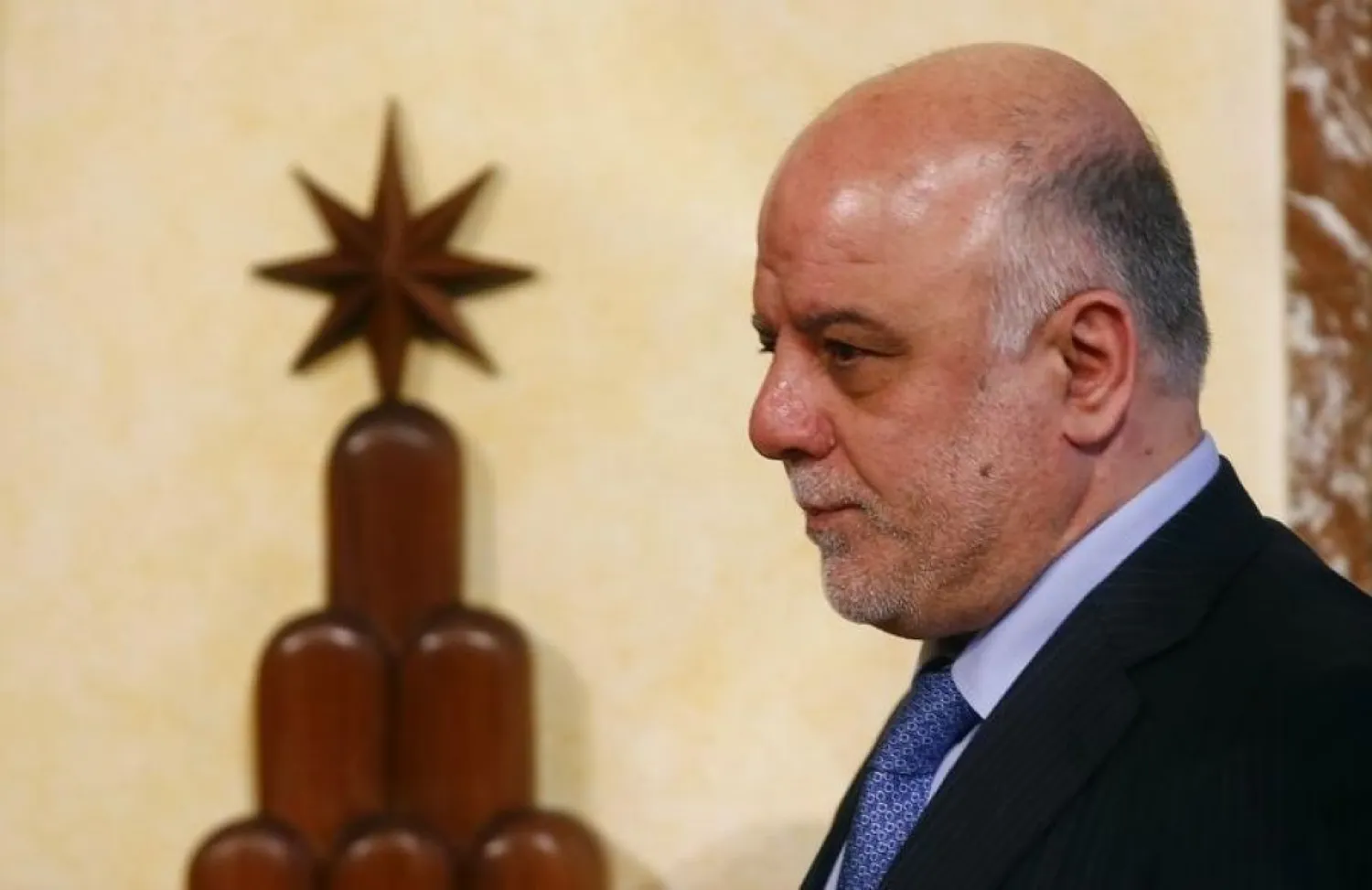Iraqis are aware that the victory achieved against terrorism in 2017 is no less important than other challenges the country and its government must confront in 2018 and in years to come.
Some of those challenges may even date back to the first years of the US invasion of Iraq in 2003. Others are linked to the post-invasion years and others are connected to the war on ISIS.
The majority of Iraqis believe that the most important challenge facing the country and Prime Minister Haidar al-Abadi’s government is corruption, which had taken a hold of the state and its institutions ever since the former regime was ousted.
Some observers believe that this file can be traced back to the time of the international embargo that was imposed on Iraq following the invasion of Kuwait in the 1990s.
The tense relations between Baghdad and Irbil in wake of the September Kurdish independence referendum is another challenge that requires radical solutions. The government also has to contend with the challenge of reconstructing the country, made much worse by the current financial crisis. The 2018 state budget indicated a deficit of 13 trillion dinars.
Furthermore, the Iraqi government, which has five months left until its term ends, also has to stage local and general elections in May amid objections among Sunni blocs. The blocs have voiced their concern over the elections because large numbers of displaced have not yet returned to their homes after they fled the battles against ISIS.
Other observers believe that the process to collect illegal arms throughout the country will be one of the greatest challenges facing Iraq. The weapons are not only in the hands of armed factions that fought ISIS, but the general public as well. Last week, some 75 people were killed and wounded while celebrating the Iraqi national football team’s victory against Qatar in the Gulf Cup of Nations that is hosted by Kuwait.
On corruption, National Wisdom Movement member Fadi al-Shamri told Asharq Al-Awsat: “We expect to see some results on the ground … after Abadi made several pledges over this issue.”
He has repeatedly spoken in recent weeks about fighting corruption, he said.
Shamri remarked that this is a very complicated file and Abadi will not be able to make great progress in it.
“He can however take as many steps as his remaining time in office allows,” he noted.
Fighting corruption is not restricted to holding the top officials responsible for their actions, but it should also be about tackling any flaws in the state and government, he explained.
In addition, he said that the economic file and the reconstruction issues related to it will pose a challenged in 2018.
“Iraq’s economy in recent years has lacked a clear identity and the state and government must address this,” stressed Shamri.
On ties with Irbil, he stated that the “hardline approach towards it is not the right policy.”
Journalist Amer Badr Hassoun said that 2018, like previous and upcoming years, will be “a series of open challenges” to the Iraqi people.
He agreed with other observers that corruption is an important challenge to be overcome, but the arms possession is a greater problem.
“There can be no weapons possession outside the authority of the state, which is stipulated in the Iraqi constitution,” he added.
Addressing the elections, he said that they will be “different” because Abadi and former Prime Minister Nouri al-Maliki, both members of the same party, will be competing against each other.
“This will fragment their bloc and split votes among their supporters,” he predicted.
Corruption remains the primary challenge for Iraq in 2018, said economic and oil expert Hamza al-Jawahiri.
He told Asharq Al-Awsat that corruption has spread to all parties, sects and different components of the state, such as the government, parliament and judiciary.
He questioned Abadi’s ability to tackle corruption in the new year because his term ends after five months.
“He cannot achieve anything in the remaining time because this is a complicated issue that requires the joint efforts of religious, political and social figures,” he stressed.














